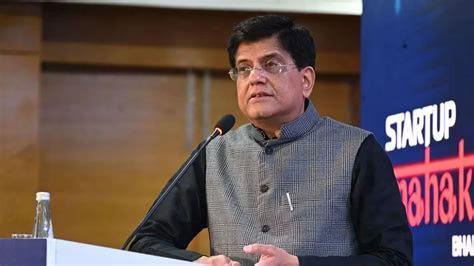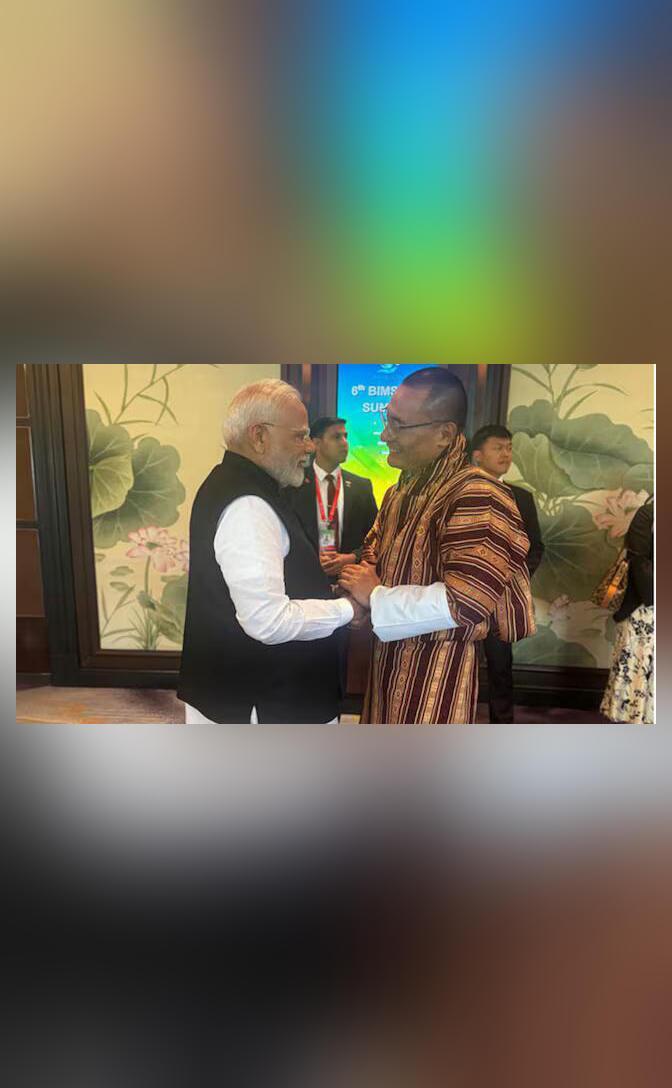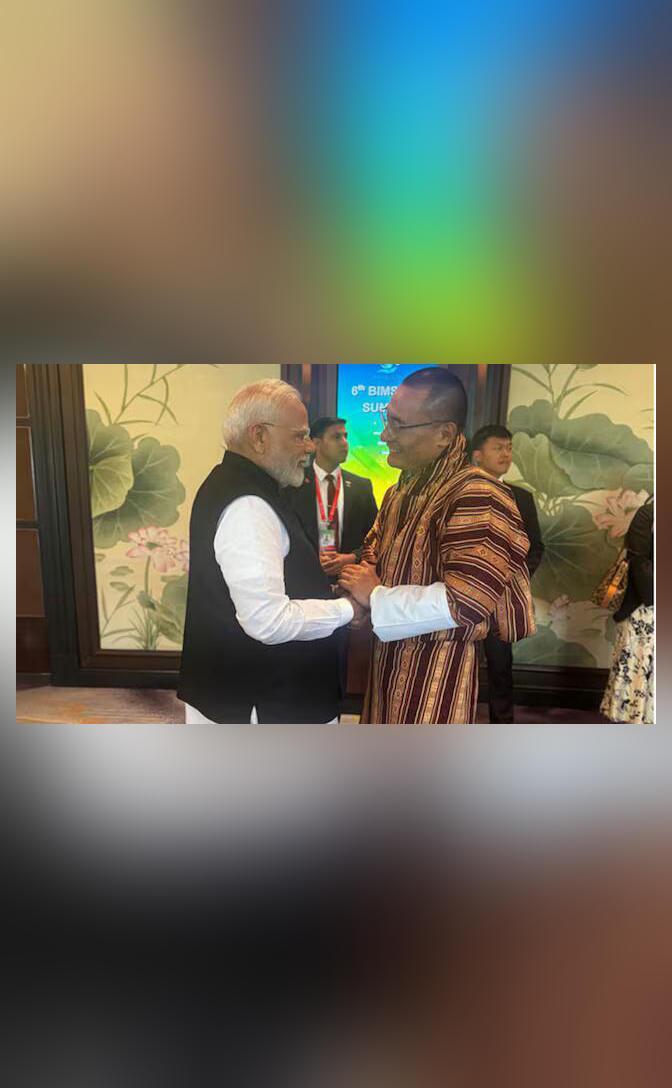
Indian Brands Go Global: Competing on Design & Quality
In recent years, the Indian brand landscape has undergone a significant transformation. Gone are the days when foreign brands dominated the Indian market, and Indian companies struggled to make a mark globally. Today, Indian brands are expanding their horizons, competing on design, quality, and innovation, and establishing themselves as serious global contenders.
This shift in fortunes is attributed to a combination of factors, including the country’s strong manufacturing capabilities, strategic marketing, and a growing willingness to take risks. As a result, Indian brands are now exporting their own, backed by a deep understanding of global consumer preferences and a commitment to quality.
In an interview with The Core, Dheeraj Sinha, CEO of FCB India, highlighted the changing landscape, stating, “Indian brands are winning globally on the back of design, quality, and competitiveness. The old model of simply attracting foreign brands is no longer relevant. Indian companies are now creating their own brands, which are resonating with global consumers.”
Design and Quality at the Forefront
Indian brands are recognizing the importance of design and quality in setting themselves apart in a crowded global market. Companies like Titan Watches, Ashok Leyland, and Havells India are investing heavily in research and development, ensuring that their products meet the highest global standards.
Titan Watches, for instance, has been successful in creating a brand that is both stylish and durable, appealing to a global audience. The company’s products are designed to cater to the diverse tastes of consumers in different markets, from the sleek and modern to the classic and elegant.
Ashok Leyland, a leading manufacturer of commercial vehicles, has also focused on design and quality to establish itself as a global player. The company’s trucks and buses are designed to meet the specific needs of different markets, with features like fuel efficiency, safety, and comfort.
Havells India, a leading electrical consumer goods company, has also placed a strong emphasis on design and quality. The company’s products, including switches, fans, and home appliances, are designed to be both stylish and functional, appealing to consumers in India and abroad.
Strategic Marketing and Brand Building
In addition to focusing on design and quality, Indian brands are also investing in strategic marketing and brand building to establish themselves globally. Companies like Amul, Haldiram’s, and Saravana Bhavan are leveraging their unique brand identities to create a strong presence abroad.
Amul, for example, is a household name in India, and the company is now using its iconic branding to establish itself in international markets. The company’s dairy products, including milk, cheese, and ice cream, are in high demand globally, thanks to their high quality and unique taste.
Haldiram’s, a leading food company, is also using its brand identity to create a global presence. The company’s snacks, including namkeens and chaat items, are popular among consumers in India and abroad, and the company is now expanding its operations to cater to the growing demand for Indian cuisine globally.
Saravana Bhavan, a popular South Indian restaurant chain, is another example of an Indian brand that is leveraging its unique identity to establish itself globally. The company’s restaurants are known for their delicious food, friendly service, and unique ambiance, making them a popular destination for foodies around the world.
Challenges and Opportunities
While Indian brands are making significant progress in establishing themselves globally, they still face several challenges. One of the biggest challenges is the need to adapt to different consumer preferences and cultural norms in various markets.
Another challenge is the need to invest in infrastructure and logistics to ensure that products are shipped and distributed efficiently to different parts of the world. This requires significant investments in technology, supply chain management, and marketing.
Despite these challenges, the opportunities for Indian brands to establish themselves globally are vast. The rise of e-commerce and social media has created new platforms for companies to connect with consumers around the world.
The growing demand for Indian products and services, including food, fashion, and technology, is also creating new opportunities for Indian brands to expand globally. Companies that are able to adapt to changing consumer preferences and cultural norms, while maintaining their unique brand identity, are likely to be successful in establishing themselves as serious global contenders.
Conclusion
Indian brands are making a significant mark globally, competing on design, quality, and innovation. Companies like Titan Watches, Ashok Leyland, and Havells India are investing in research and development, ensuring that their products meet the highest global standards.
Strategic marketing and brand building are also key to the success of Indian brands abroad. Companies like Amul, Haldiram’s, and Saravana Bhavan are leveraging their unique brand identities to create a strong presence globally.
While there are challenges to overcome, the opportunities for Indian brands to establish themselves globally are vast. With the right strategies in place, Indian brands are poised to become major players in the global market, competing with the best of the world.
News Source:






